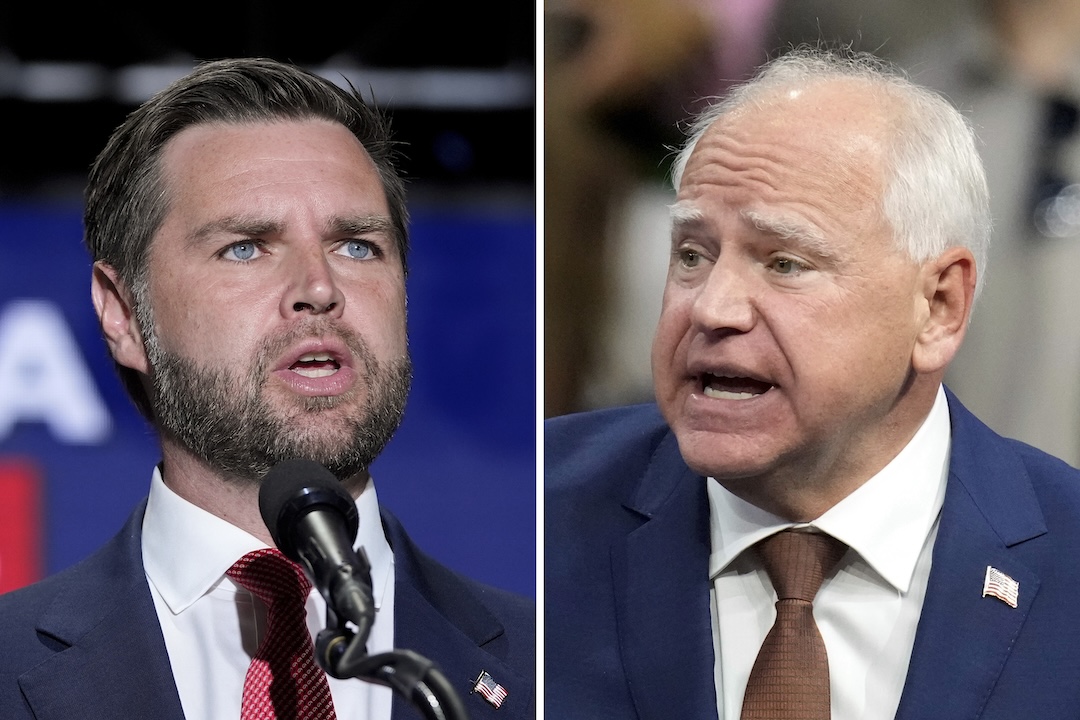If he magically reappeared, the late broadcast legend Edward R. Murrow would be pleased to know the State Department honors him with a leadership program for international journalists.
But Murrow would roll his eyes if he saw the troubles the Obama administration faces in fighting a propaganda war against ISIS and other terrorists. A previously undisclosed 1961 memo from Murrow’s lesser-known post-journalism days underscores that he simply didn’t feel the U.S. was marshaling adequate resources to fight similar tussles back when Murrow actually had a say in government policy.
The State-sponsored fellows from around the globe come to the U.S. every year under the Edward R. Murrow Program to learn about the role and components of the free press in democracy. The most recent class made a trek to The Poynter Institute for a series of November workshops touching upon digital journalism, ethics, leadership and writing skills.
But if Murrow were assessing the broader context in which the program operates, he would learn that some things just don’t change much when it comes to the U.S. pressing its case worldwide.
The Murrow legend is built on his news career, not his lesser-known final professional years when he left CBS News as his role there was eclipsed, his influence minimal and his frustration grew with no regular shows featuring him.
His fabled World War II reporting and primetime muckraking documentaries were receding into the past. And while his feelings toward the Kennedy family were ambiguous (their generally passive stance regarding red-baiting Wisconsin U.S. Sen. Joseph McCarthy nettled him), he accepted the invitation of President John F. Kennedy to run the United States Information Agency. He served during Kennedy’s brief tenure and, after his assassination, for a short time under Lyndon Johnson. He thus took the post in 1961, quit in 1964 and died of brain cancer in 1965.
The 12,000-employee USIA was formed in 1953, though its history is traced to the World War II Office of War Information. Its marching orders were to improve the U.S.’s reputation worldwide, sometimes through covert programs that would put it in tandem with the CIA. The agency changed markedly in 1999 when its broadcast operations were placed under a newly formed Broadcasting Board of Governors, while non-broadcast functions were given over to a new State Department undersecretary for public diplomacy and public affairs. That job is now held by former TIME managing editor Rick Stengel.
That means the BBG now runs our key means of international outreach, including the Voice of America, Radio Free Europe and Radio Free Asia. Their combined staffing is way down from the Murrow era, and a series of White House administrations have not chosen to significantly increase their resources.
In 1961, Murrow concluded that much more money was needed and sent a memo to David Bell, Kennedy’s director of the Office of Management and Budget. That memo was just declassified by the John F. Kennedy Library and Museum in Boston.
It opens by detailing various propaganda challenges for the U.S., worldwide, including in Africa and Latin America, but mostly in Southeast Asia.
Murrow was a florid writer at times and was clearly unhappy with “the deteriorating political and military situation in Southeast Asia.” In his estimation, it called “for urgent additional steps to communicate the determination of the United States to (1) support our allies and maintain them as allies and (2) prevent neutral countries from falling to Communism.”
Then, Murrow waxed dramatic in ways perhaps reminiscent of his reporting from war-besieged London and during other famous broadcasts.
“In this century of crises, no crisis has been graver than that which we now face. History has no patience with alibis. Generations yet unborn will ask, ‘Did they try to preserve for us the land and the ideals of Washington and Jefferson and Lincoln? Or, like the ancient Carthaginians, did they — figuratively speaking — offer their children as hostages in a vain effort to hold back the enemy?'”
“We are in a war both hot and cold, a war for men’s minds as well as their bodies, a war for men’s souls as well as their goods. This Agency could operate for four hundred years on one year’s appropriation for the Defense Department. We do not dispute the spending of vast sums for physical defense. Nor are we asking billions for propaganda — propagation of the truth. But if we are unwilling to do what must be done to preserve and promote our ideals, we may have alien ideas imposed on us and our allies.”
He completed his impassioned cry for bureaucratic assistance by writing, “As never before, USIA urgently needs adequate resources to do the job which must be done; not only the funds requested herein but also substantially all of our original request.”
Murrow’s brief tenure did include some successes, including greater diversity in hiring, adding agency posts in Africa and expanding broadcasting to Latin America.
But he failed to procure any big budget hikes. That’s why, if he followed the Murrow Fellows around these days, he might feel at home.
The successor leaders of what was the USIA haven’t done any better in expanding resources. Employment is down to 3,500 and the combined budgets are $750 million.
And successive White House administrations have not exhibited much leadership when it comes to strategic vision in pressing the benefits of so-called soft power. That would be readily apparent to Murrow, too.






